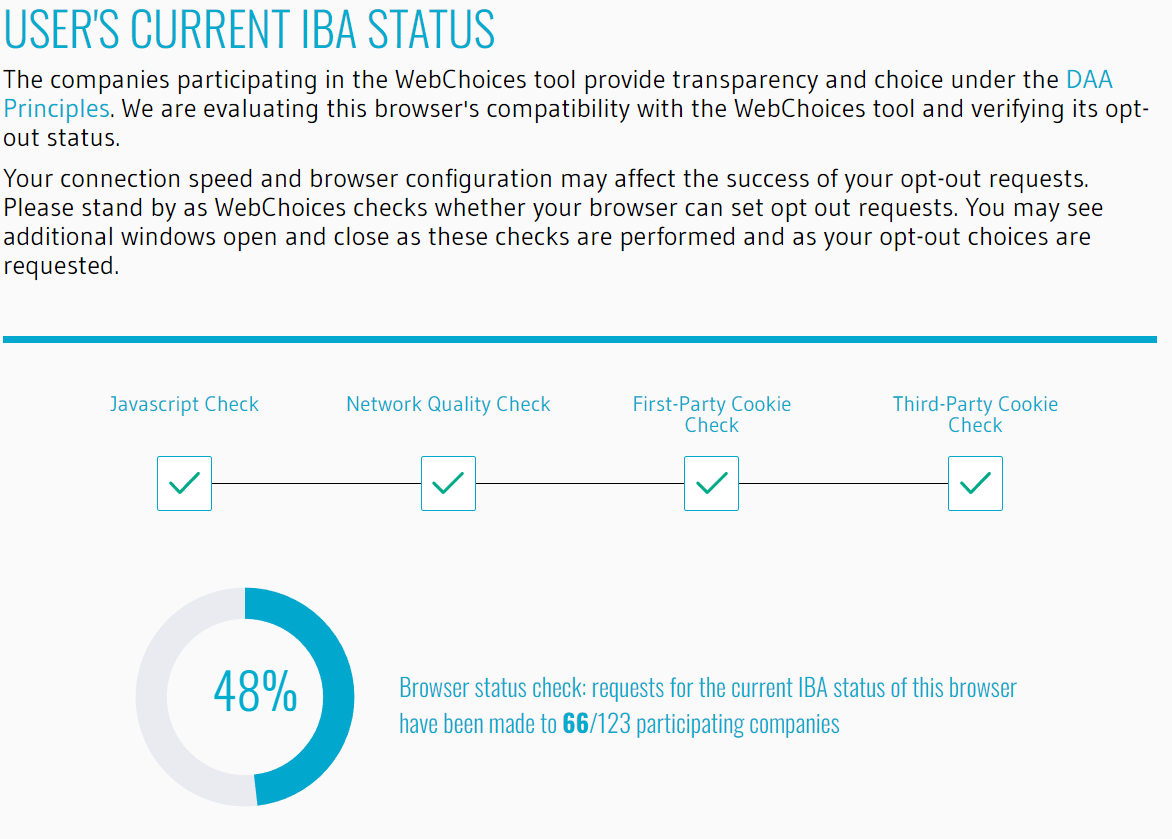Catchy thread title that, but now that I have your attention.............
Your alarm clock goes off, it’s time to start your day. What’s the first thing you do? What about right before you go to bed? If your answer is scrolling social media, you’re not alone. People are spending increasing amounts of time on social media, with reports from 2023 suggesting an average worldwide usage of two and a half hours a day. (f*ck, seriously?)
With 4.8 billion social media users worldwide as of 2023, social media has become a mainstay in everyday life, particularly among younger generations. Some adolescents even describe feeling a sense of stress and poor emotional well-being when not online. So much so that terms like FOMO (fear of missing out) and Nomophobia (No Mobile Phone Phobia) have been popularized to explain the feelings and thoughts some people experience when disconnected from their smartphone or their social media.
As researchers who study societal relationships with these technologies, we began to wonder the lengths young adults might go to maintain their connection to social media. To answer this question, we conducted a study of 750 Canadians, aged 16-30 years old, who regularly use social media. We asked them about their social media usage patterns, their relationship with social media and the sacrifices they would be willing to make to remain on social media.
Our findings showed that smartphones were the most used method for accessing social media and approximately 95 per cent of participants had access to at least two social media accounts, with Instagram, Facebook, and YouTube among the most popular.
NOW FOR THE SCARY PARTS:
What trade-offs are young adults willing to make?
Respondents were asked to consider what they would be willing to sacrifice to maintain their social media presence. Trade-offs fell into the following categories: food/drink, hobbies, possessions, career, appearance, relationships, health and life.
When asked to make more serious trade-offs relating to their relationships, health, or life, fewer were willing to make the sacrifice. For example, fewer than five per cent of participants said they would be willing to contract a sexually transmitted infection, or be diagnosed with a life-threatening illness like cancer rather than give up social media.
However, nearly 10 out of every 100 participants did say they would accept being unable to have children, give up sex or give up one year of their life to maintain their social media connections. When asked to give up more years of life, almost five out of every 100 and three out of every 100 participants said they would give up five or 10 years of their life, respectively.
(Give up sex for social media? WTF?)
While interesting, the above article doesn't suggest solutions? Legislation? Thought police? Public education? What are YOUR thoughts?












